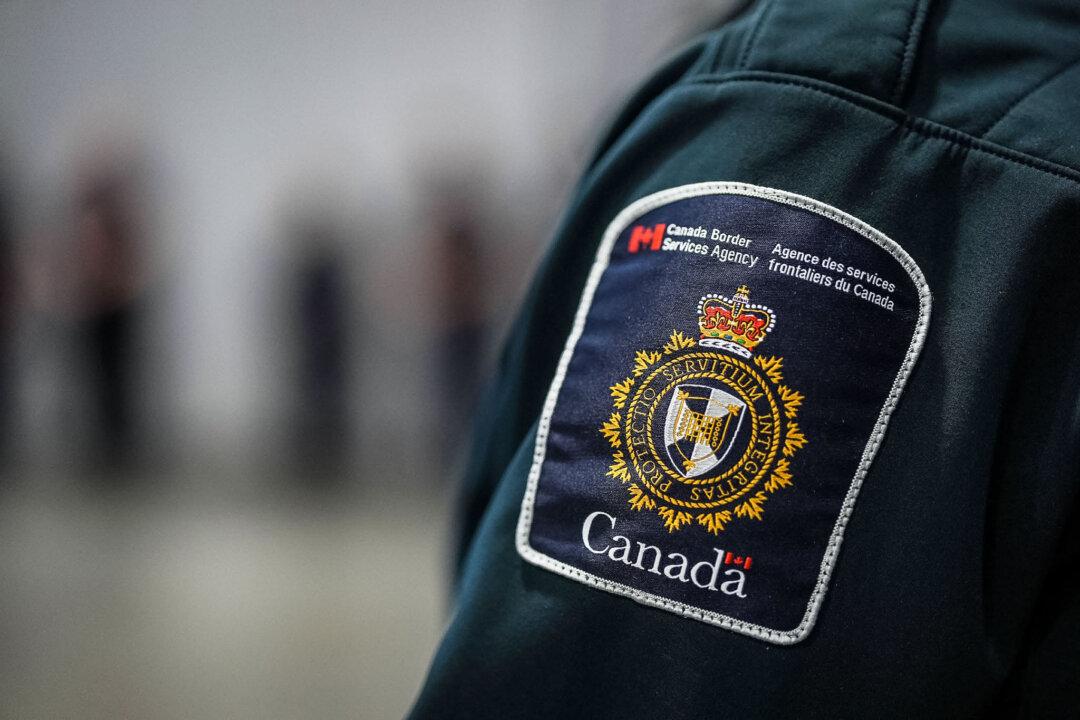Canada’s security screening process for immigration has been under scrutiny since the recent arrests of multiple immigrants for alleged terrorist plots.
These high-profile suspects were admitted into Canada, but many others have been flagged as potential security concerns. The Epoch Times asked the Canada Border Services Agency (CBSA) how many prospective immigrants have been turned away due to terrorism concerns.





